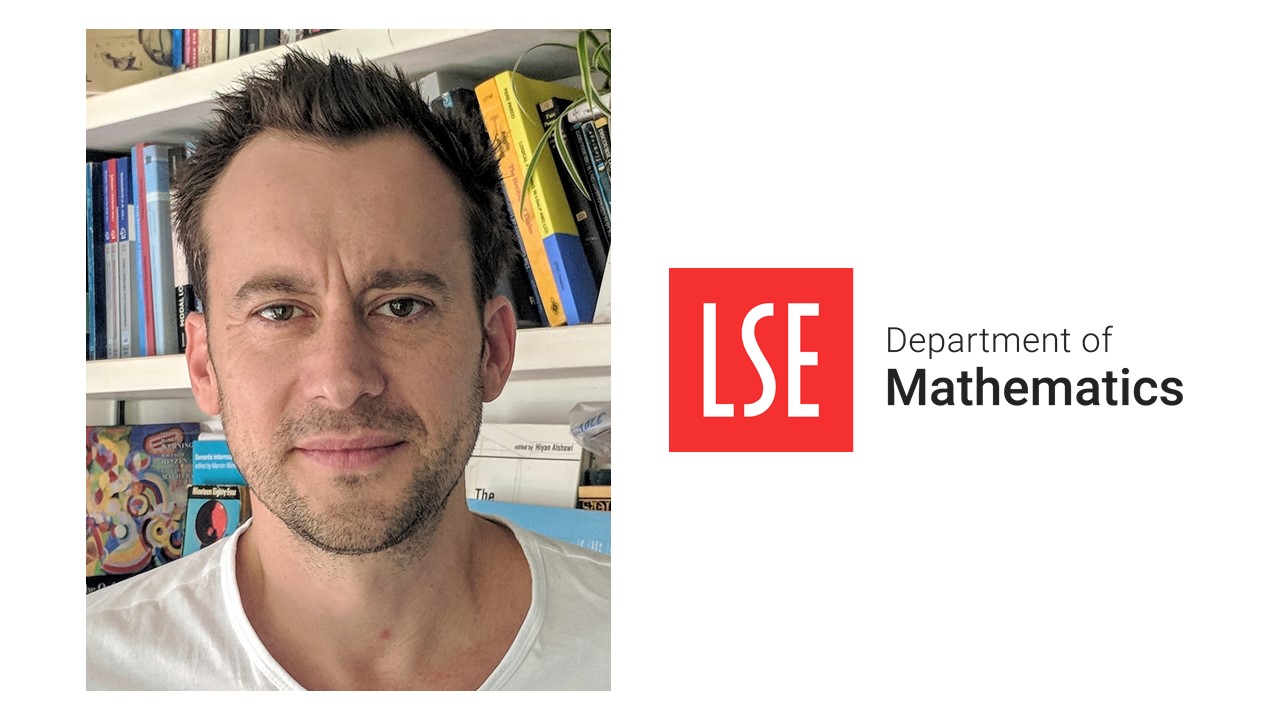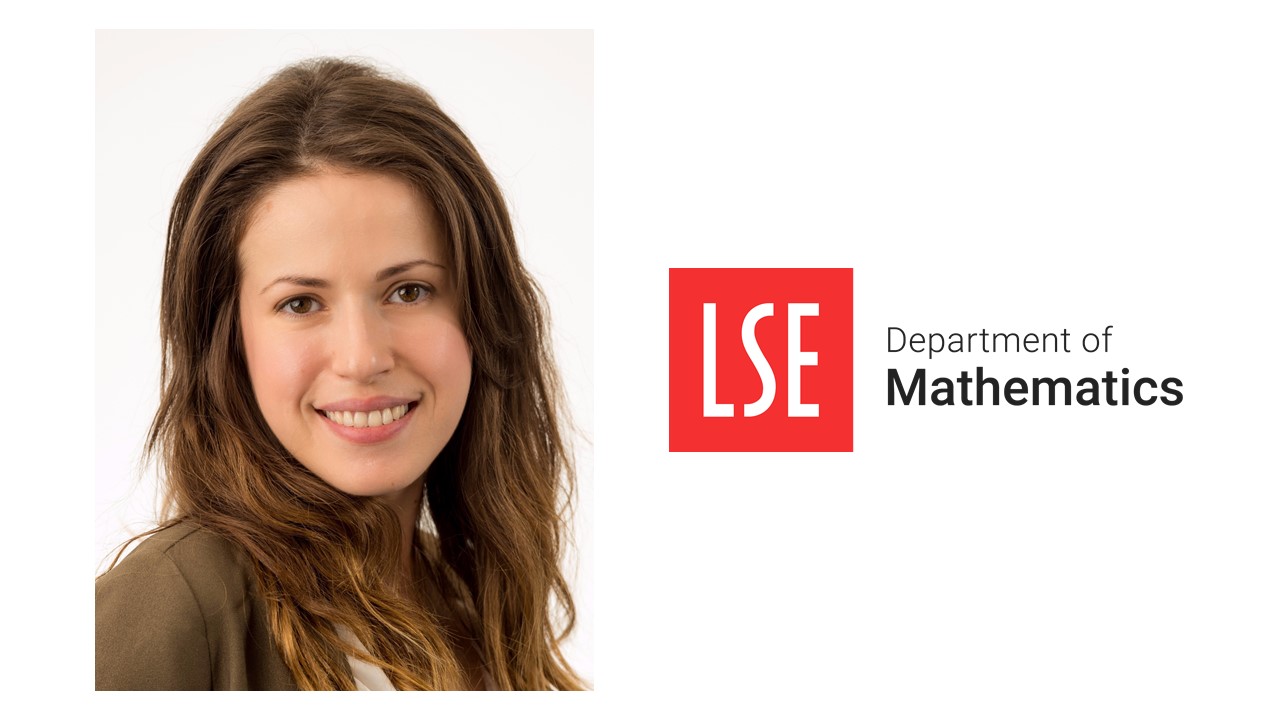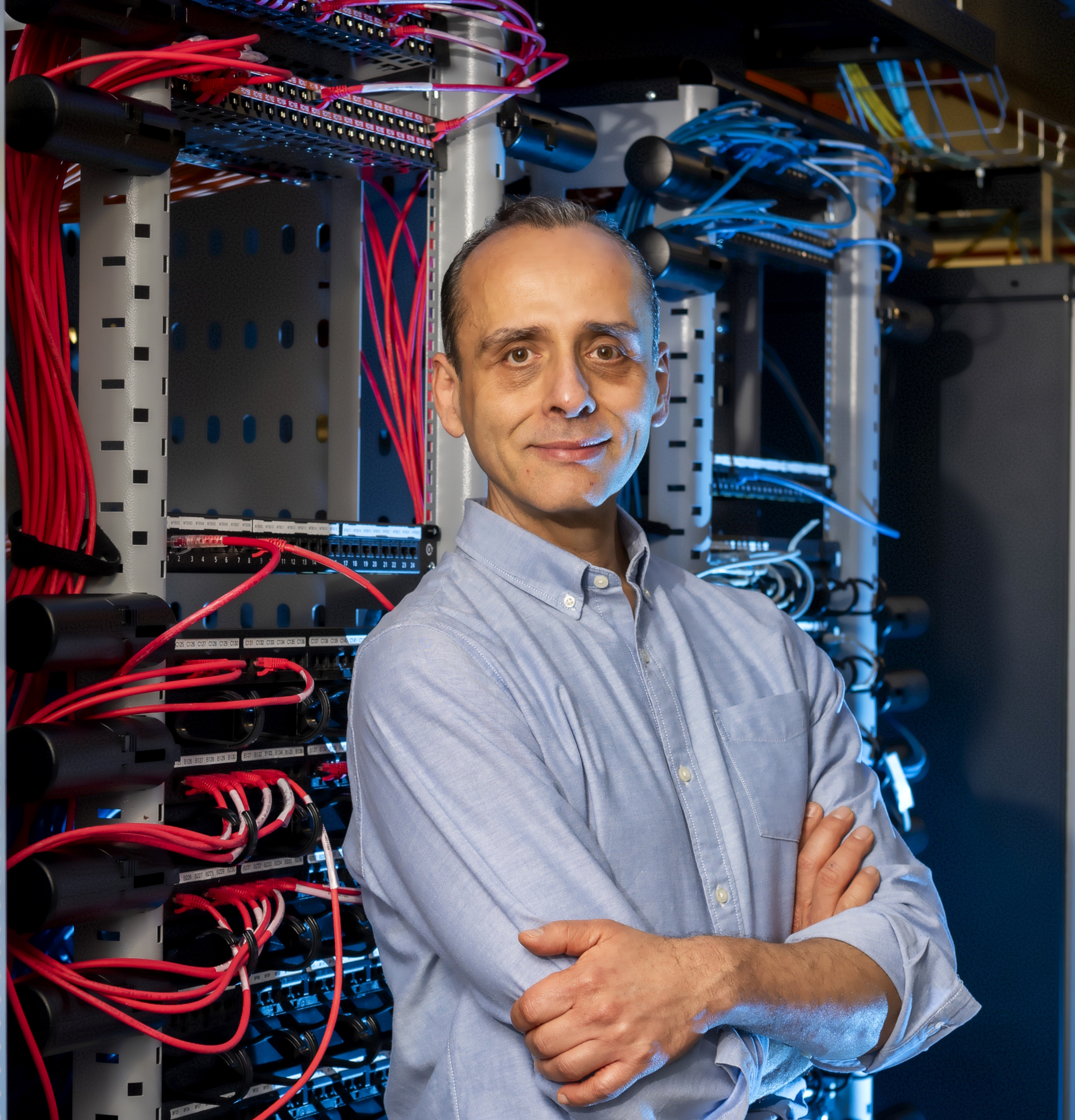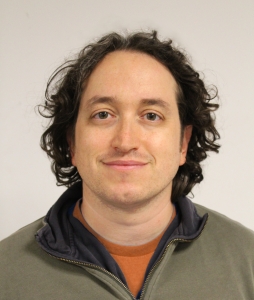 In this new series of blogs, we find out more about the academics here in the Department of Mathematics, what their research interests are and their favourite part of being at LSE.
In this new series of blogs, we find out more about the academics here in the Department of Mathematics, what their research interests are and their favourite part of being at LSE.
For this post we chat with Dr Tugkan Batu, who is the Departmental Tutor for first year students on our undergraduate programmes.
How long have you been here at LSE?
I have been at LSE since September 2006 (wow, that went quickly!). Before coming to LSE, I have held postdoctoral fellow positions at University of Pennsylvania, University of Texas at Austin, and Simon Fraser University. In the distant past, I have done my PhD study at Cornell University.
In layman’s terms, what are your main fields of research/interest?
My main research interests are in algorithms and the theory of computation in general. More specifically, most of my research relates to sublinear algorithms, which is a very active area of research exploring models of computation and problems that aim to capture the limitations and difficulties when the input to a computational problem is very large (the buzzword nowadays is ‘Big Data’).
The common theme of the problems in this area is that the algorithms are very limited in resources, such as time and memory (that is, limited by a sublinear function in the size of the input data), so much so that the algorithm cannot even read or remember the whole input. We explore the limits of what can be computed under such severe restrictions. You can find several surveys of this research area here.
How did you first become interested in this area?
In the first year of my PhD study, I got introduced to this research area through the works of a faculty member at Cornell, Ronitt Rubinfeld, who was a pioneer in the field and who later became my PhD supervisor. I have found these research problems interesting, because they required new approaches compared to more conventional models. Those were the early days of prolific research in this field. It was exciting to witness and to contribute to the rapid developments of that era.
What are your favourite courses to teach, or favourite part of teaching those courses?
Not surprisingly, I especially enjoy teaching courses in the topics related to my research interests. I find that one of the best parts of teaching is sharing your enthusiasm about the subject with others. Hence, it is even better when you have lots of enthusiasm for the subject to start with.
What is the best part of being at LSE?
I think what makes being part of LSE most enjoyable for me is the Mathematics Department. It provides a very collegial and friendly environment. The outstanding and dedicated staff – both academic and support – make it an inspiring place to work. It should also be said that the excellent quality of its students and its location (as “in London”) are significant fringe benefits as well.

